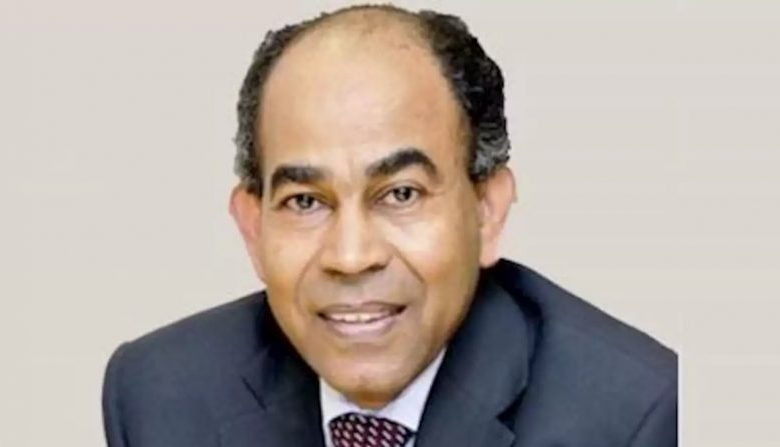Sudan… Features of the Post-War Map

By Othman Mirghani
They say, “Success has a thousand fathers, but failure is an orphan.” As soon as signs of victory appeared on the battlefield, the race began to secure seats in Sudan’s post-war scene. This explains the wide controversy sparked by General Abdel Fattah al-Burhan’s speech earlier this week after receiving a roadmap for the next phase, presented by political and societal forces already known for their support of the military component even before the outbreak of the current war. Everyone is now positioning themselves and strategizing for the evolving landscape shaped by the military’s victories and its regained control over most of the country.
People were more focused on Burhan’s speech than on the contents of the roadmap presented to him, which he stated would be considered among the ideas for the next phase. His speech carried messages directed at multiple parties and revealed some aspects of the evolving plans for governance and its mechanisms.
The parties addressed by Burhan included the political forces that submitted the roadmap, the Islamists and the former ruling National Congress Party (NCP), the Taqaddum Coordination Group—now rebranded as Smod—and finally, the Rapid Support Forces (RSF).
Regarding the roadmap’s proponents, mainly the Democratic Bloc, Burhan stated that they “will be an integral part of the complete victory in the country.” This implies that they are assured a role in the upcoming arrangements, a privilege likely to extend to other parties based on their stance during the war. As for the opposing political forces that took a hostile stance against the army and were accused of siding with the RSF, Burhan did not adopt his previous exclusionary tone. Instead, he left the door open, welcoming “anyone who withdraws from the aggressors and aligns with the national front.”
The message to the Islamists and the NCP was particularly controversial. Burhan emphasized that this war is not an Islamist war and that no group should seek political gains from it. He asserted that anyone wishing to fight under a political banner must lay down their weapons and step aside. This is not the first time senior army leaders, including Burhan, General Shams al-Din Kabashi, and General Yasser al-Atta, have reiterated that the war is not waged on behalf of any political faction. While the Islamists were among the first to rally behind the army, they were not the only ones; volunteers from various ideological backgrounds—including some from the December 2018 revolution—have also joined the fight, along with many non-partisan individuals defending their country against those who displaced them, looted, destroyed, and committed atrocities.
The army leadership has sought to distance itself from the Islamists while leaving the door open for their future political participation—possibly even under the NCP—through upcoming elections. This aligns with the proposed framework for Sudan’s national dialogue, which aims to be inclusive of all political, civil, and social forces without exclusion.
Burhan’s final message was directed at the RSF, and it was far from conciliatory. He maintained a firm stance against resuming negotiations, insisting on continuing military operations until the RSF is fully defeated or agrees to withdraw from its remaining strongholds in West Kordofan and the Darfur states, concentrating its forces in designated camps.
Clearly, as military conditions shift, the focus is turning toward arrangements for the next phase, which will initially span four years. This period will be divided into a foundational phase to conclude remaining military operations, organize Sudanese-Sudanese dialogue, and initiate reconstruction efforts, followed by a transitional phase preparing for elections. Burhan has opened the door for everyone to participate in a comprehensive dialogue but has explicitly ruled out any political involvement in the government during both the foundational and transitional periods, which will be run by technocrats.
The Sudanese people, exhausted by war, do not want to see the political squabbles that derailed the previous transition and fueled tensions leading to the conflict. Their priorities are security, access to food and medicine, the resumption of normal life, and reconstruction after the widespread devastation. Achieving this requires flexibility from military, political, and civilian actors to reach a consensus that steers the country toward stability, rather than perpetuating exclusionary politics that have long plagued Sudan.
(Source: Asharq Al-Awsat)



